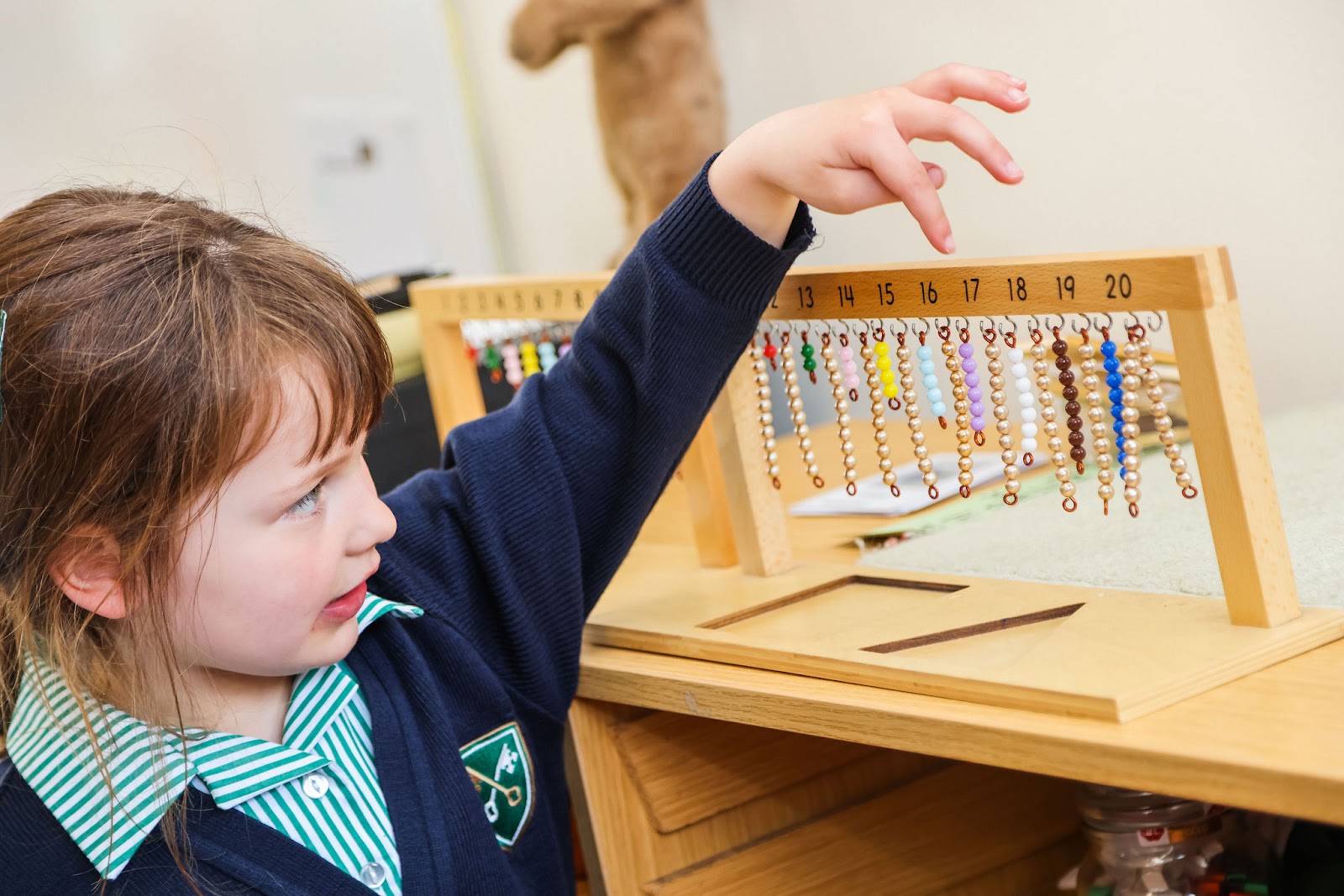Trying to encourage your child to become more independent? Fostering self-reliance in children is an important aspect of their overall development. It equips them with the skills and confidence they need to navigate the world independently. It is important to start working on these skills from a young age, this way they become a habit in their daily life as they get older.
Here are some ways to promote self-reliance in your child:
1. Encourage Decision-making
Allow your child to make age-appropriate decisions. Start with simple choices and gradually move to more complex ones as they grow. This helps them develop critical thinking and problem-solving skills.
2. Teach Problem Solving
When your child faces a challenge, guide them through the process of finding solutions instead of immediately providing answers. Ask open-ended questions to encourage them to think creatively and come up with their own solutions.

3. Set Responsibilities
Assign age-appropriate chores and tasks around the house. This helps them develop a sense of responsibility and contributes to their self-reliance by teaching them basic life skills.
To help set responsibilities for your child it is important to factor in a healthy level of expectation for them. Putting too much or too little pressure on them can result in not seeing any improvement with their independence.
4. Allow for Mistakes
Let your child make mistakes and experience failures. These experiences provide valuable opportunities for learning and growth. Instead of rescuing them straight away, offer guidance on how to learn from their mistakes.
5. Promote Critical Thinking
Engage your child in discussions that require critical thinking. Encourage them to express their opinions, ask questions, and consider different perspectives.
Support your child’s curiosity and interests by providing resources and opportunities for them to explore new hobbies, activities, and areas of knowledge.
6. Teach Basic Life Skills
Teach your child practical skills such as cooking simple meals, doing laundry, managing money, and basic household repairs. These skills build confidence and self-sufficiency.
7. Independence in Learning
Encourage your child to take ownership of their education. Help them set goals, plan study routines, and seek resources when needed. This empowers them to become lifelong learners.
It can be helpful for children by having a role model for self-reliance, so demonstrate your own problem-solving skills, decision-making processes, and responsible behaviour.
8. Time Management
Teach your child the importance of time management. Help them create schedules for their activities, homework, and playtime. This skill is crucial for balancing responsibilities and leisure.
9. Promote Self-Care
Teach your child about the importance of taking care of their physical and emotional well-being. Encourage healthy habits, self-reflection, and finding constructive ways to manage emotions.
Encourage them to use effective communication skills and good manners, including expressing their needs, asking for help when necessary, and speaking up for themselves in a respectful manner.

10. Provide Gradual Independence
Give your child opportunities to practise being independent in controlled environments. For instance, let them run small errands, walk to a nearby friend’s house, or participate in extracurricular activities.
Encourage them to complete these practices by helping your child set achievable goals and break them down into manageable steps. Celebrate their successes and help them learn from any setbacks they encounter.
Remember, fostering self-reliance is a gradual process that requires patience and consistent effort. Tailor these approaches to your child’s age, personality, and developmental stage, and be ready to offer guidance and support as they navigate their path toward becoming self-reliant individuals.
Self-Reliance at St Peter’s Prep
Here at St Peter’s Prep, a prep school in Devon, we regularly encourage self-reliance practices. We believe that it empowers students to take ownership of their learning journey by developing essential skills such as independent problem-solving, effective time management, and resourceful decision-making.
In practising self-reliance, pupils learn to approach challenges with confidence, seek solutions through critical thinking, and engage proactively with their studies. This mindset not only fosters academic achievement but also prepares them to navigate the complexities of the world beyond the classroom, equipping them with the tools they need to excel and thrive independently.










